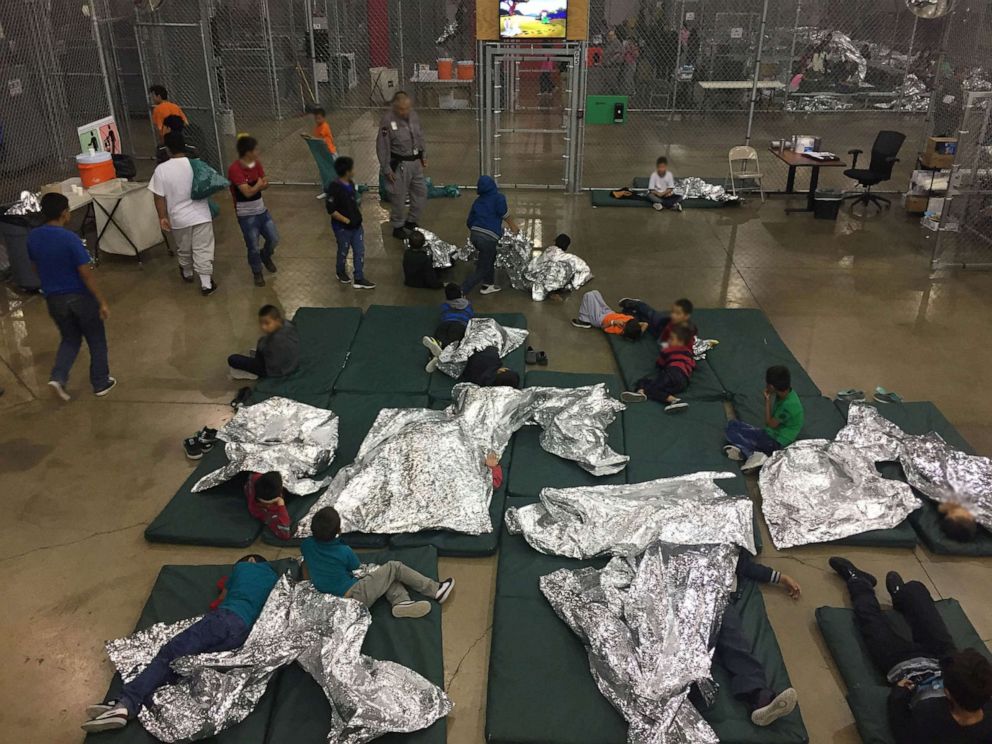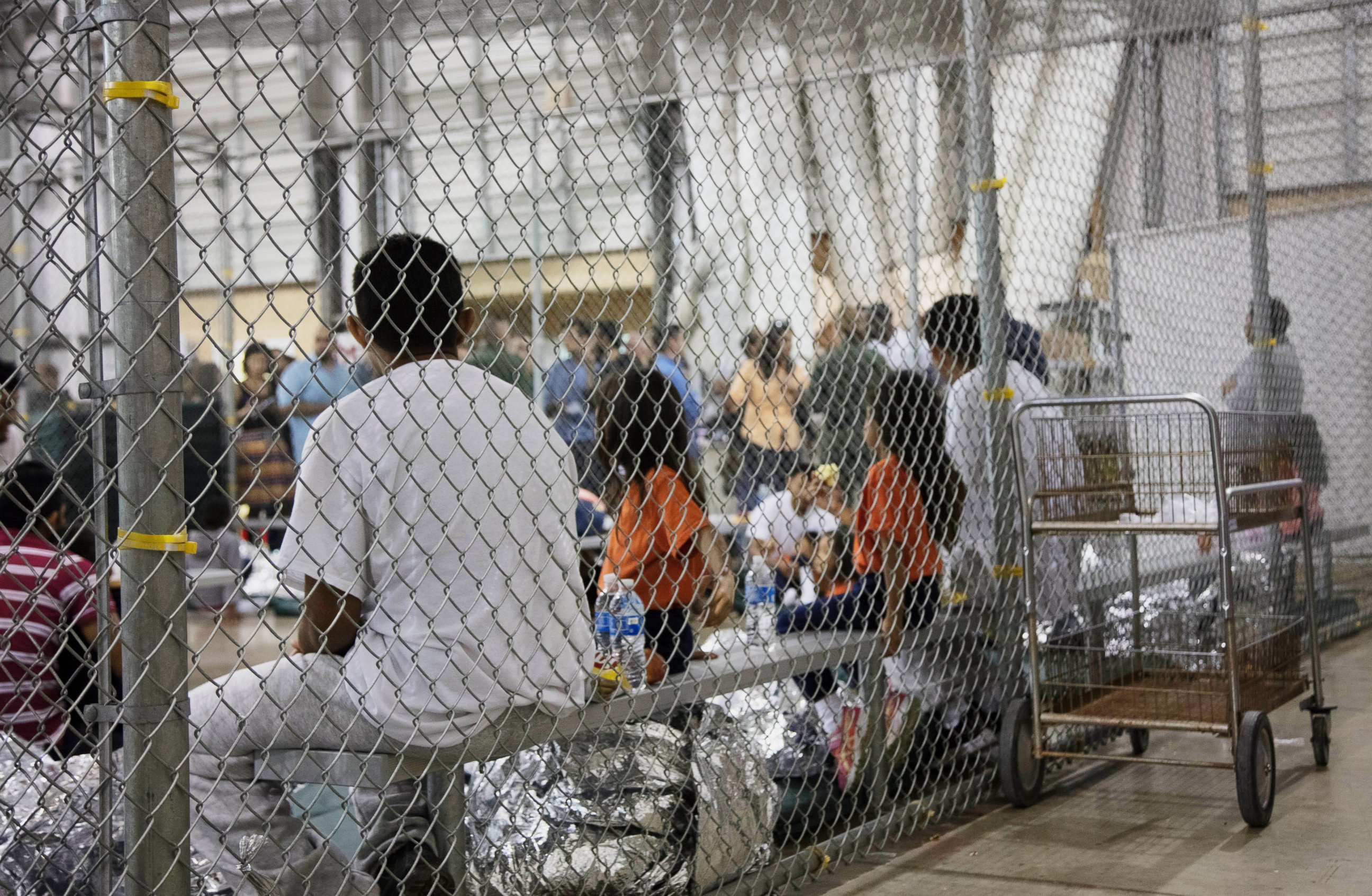Gov't watchdog documents 'trauma,' fear of abandonment for separated migrant kids under Trump
IG says 'zero-tolerance' caused acute grief and emotional damage to kids
Kids crossing the border and separated from their parents under President Donald Trump’s zero-tolerance policy last year were so traumatized that they often complained of chest pains and believed they had been abandoned, according to a report released Wednesday by a government watchdog.
While the latest findings aren't particularly surprising -- the impact of the 2018 policy has been the subject of much court testimony and several congressional hearings -- the report by the Health and Human Services Department's (HHS) inspector general office provides an official after-action look into the emotional damage that was done and the concern among the employees contracted to care for them.

Zero-tolerance called for the prosecution of every adult who crossed the border illegally, even those traveling with their children. The result was some 2,600 kids separated from their parents in a matter of weeks.
The federal government has since acknowledged that it didn't have a clear way of tracking the parents and children in a way so they could be easily reunited.
According to HHS government investigators, the chaos caused some children to cry inconsolably. Many expressed fear or guilt that they were to blame and expressed concerns for their parent's welfare. One mental health clinician told investigators that even children who arrived in the U.S. with "good coping skills" often would up "disillusioned" after stays in HHS-run shelters that extended as long as three months.
"You get a lot of “my chest hurts,” even though everything is fine [medically]," a medical director told investigators. "Children describe symptoms, “Every heartbeat hurts,” “I can’t feel my heart,” of emotional pain."
The difficulties that some facilities had in locating parents in detention and scheduling phone calls contributed to children’s anxiety, the report states.
"A 7- or 8-year-old boy was separated from his father, without any explanation as to why the separation occurred," one program official told government investigators. "The child was under the delusion that his father had been killed and believed that he would also be killed. This child ultimately required emergency psychiatric care to address his mental health distress."

Trump has said zero-tolerance enforcement was the best way to deter people from coming to the U.S. But under pressure from an outraged public, the president halted deliberate parental separations in June 2018. Critics of the administration note, however, that an unknown number of children continue to be separated from extended family members like aunts and grandparents, which the government doesn't recognize as a child's legal guardian.
Last month, Trump announced a new plan to try to deter migration to the U.S. He said he plans to detain families together by lifting a longstanding 20-day limit on children in detention. That plan faces court challenges.
Acting Homeland Security Secretary Kevin McAleenan has said zero-tolerance was regrettable because it damaged public trust. But he has defended the latest plan as necessary to return "integrity" to U.S. immigration.
"No child should be a pawn in a scheme to manipulate our immigration system," he said in a recent news conference.
After months of record-breaking numbers of undocumented migrants arriving at the border and crippling the government’s capacity to care for and house them, undocumented crossings dropped by 28% in June. The administration credits its agreement with Mexico, which stipulates among other conditions that Mexico will deploy its National Guard to crack down on the travelers moving north through the country from Central America.
Still, House Democrats say not enough has been done by the federal government to ensure for the welfare for kids.
"When we are dancing with the angels, these children will be dealing with the issues that have been presented to them," said Rep. Elijah Cummings, D-Md., chair of the House Oversight and Government Reform Committee, in a July hearing.



